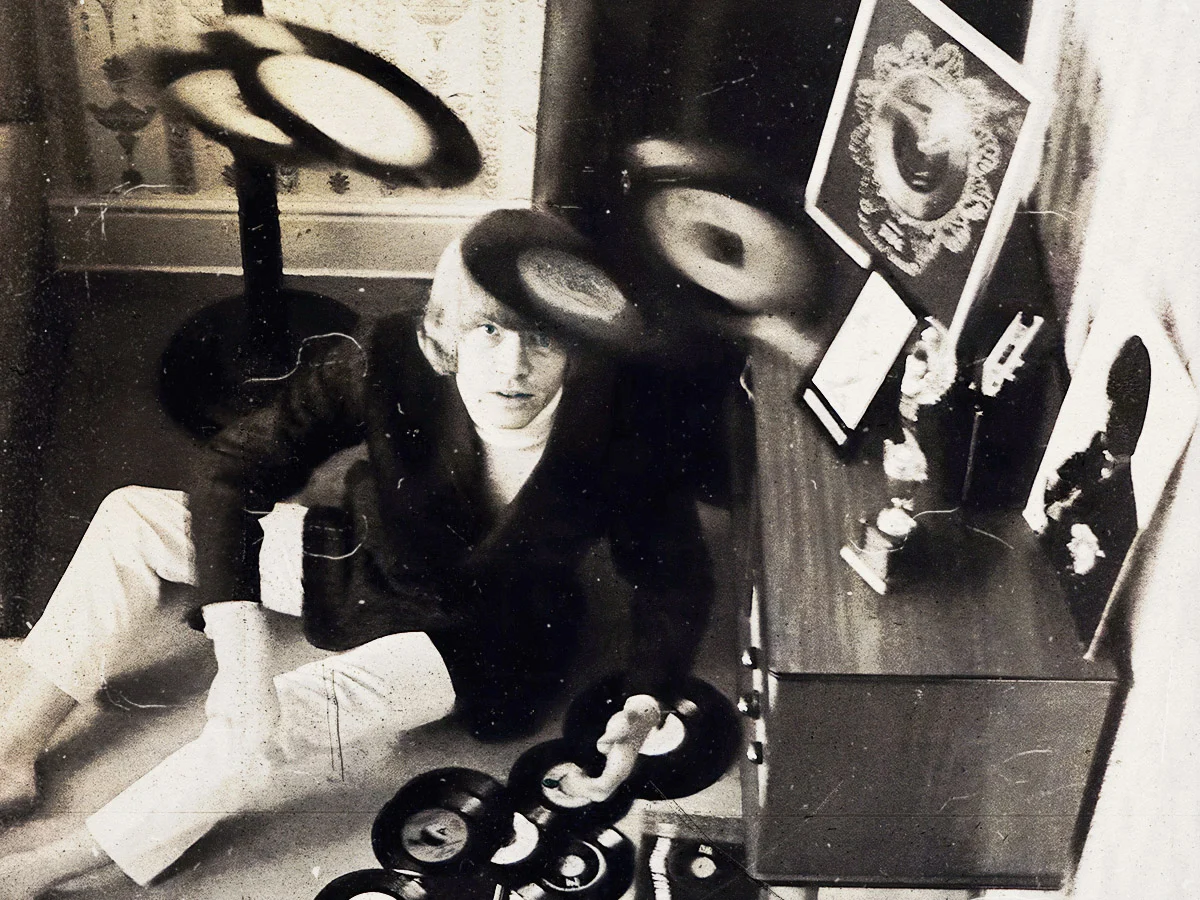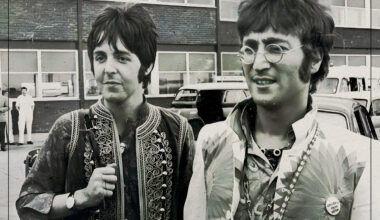“No Stones without Jones”, fans cry out. But in 1969, it became obvious to everyone involved that Brian Jones had to go. Jones, once the founder and leader of the band, was now the thing holding them back, as proved clearly by the final notes he ever played for the group.
It had been a long road. Seven years earlier, in 1962, when Mick Jagger and Keith Richards first met Brian Jones on London’s live music scene, they admired him. They saw him as a guiding light, someone who could help them move beyond being just another rock and roll covers band and become something more.
Jones could seemingly play every instrument under the sun, giving them a huge variety as well as widening their broad range of influences. “Brian was very instrumental in pushing the band at the beginning. Keith and I would look at him and say he was barmy,” Charlie Watts said of the early days. For Richards, too, Jones was a vital teacher. Between the two of them, he learned what he called “guitar weaving”, understanding “how you could play together with two guitars and make it sound like four or five”.
It was good for a long time. Jones was wild, but they all were. They were a band of rockstars, of hedonists who more than enjoyed the sex, drugs and rock and roll lifestyle. However, as the success grew and the stakes got higher, Jagger and Richards, the band’s other two liabilities, learnt how to handle themselves. Jones never did.
As Jagger and Richards began writing all the songs, the dynamic shifted. It was clearly that Jones was no longer the leader, but it also left Jones more at their command. He needed to follow their lead more, or simply respect the band more; show up on time, contribute his parts, play well. As his partying got heavier and heavier, that became less common.
There were also other factors. Richards had witnessed Jones be abusive towards his girlfriend, Anita Pallenberg, and had helped her get out of that situation and had ultimately fallen in love with her. With their bandmate relationship already strained by Jones’ behaviour, Richards launching a relationship with Pallenberg and, in his eyes, stealing his girlfriend, didn’t help.
So when 1969 came around, something needed to change. By then, Jones was totally unreliable. During the recording of Beggars Banquet, Jones would simply not show up, then make a random appearance when he fancied it, with producer Jimmy Miller saying, “I would isolate him, put him in a booth and not record him onto any track that we really needed. And the others, particularly Mick and Keith, would often say to me, ‘Just tell him to piss off and get the hell out of here.’”
By the time they came to make Let It Bleed, the final album Jones plays on, he’d already been replaced. With the guitarist so unreliable and so unable to deliver, they’d already brought in Mick Taylor so Jones was merely an accessory, only appearing on two tracks on the record; contributing some congas to ‘Midnight Rambler’ and then, as his final performance for the band, playing a bit of autoharp on ‘You Got The Silver’.
Neither are all that noticeable in the track or all that essential, but that’s where Jones was at in the group by that point, with his firing being obvious and imminent.






